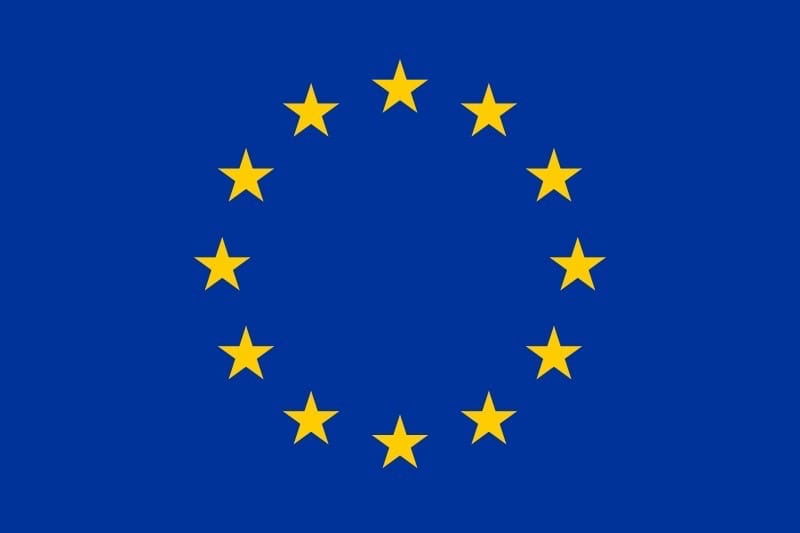Under the terms of the agreement between the European Union and Turkey of 18 March 2016:
- All new irregular migrants crossing from Turkey to the Greek islands will be returned to Turkey;
- For every Syrian being returned to Turkey from the Greek islands, another Syrian will be “resettled” from Turkey to the EU with a cap of 72,000 people;
- €3 billion will be allocated to the mechanism for refugees in Turkey and an additional €3 billion will be mobilised by 2018 if these resources are about to be used in full and Turkey has respected all international standards regarding the reception of refugees.
As the UN has pointed out, this agreement presents the potential for “collective and arbitrary expulsions”. While it is envisaged that, in line with international and European Union law, all asylum seekers will have their requests handled individually in Greece - with individual interviews, individual assessments and rights of appeal – before being returned, these provisions raise some issues with regard to international law.
Firstly, Greece is not able to deal with all asylum applications promptly and thoroughly. In this regard, 4000 people are to be sent from Greece, Member States, the European Asylum Support Office and FRONTEX as reinforcement. However, the agreement was supposed to come into effect on 20 March 2016 and these individuals are still to be deployed.
Additionally, under European law, asylum applications can be deemed inadmissible in two cases: where the person has been already recognised as a refugee or enjoys sufficient protection (in Turkey) or where the person has travelled through a “safe” country, that is, a country which guarantees him international protection. For Greece, Turkey is considered a safe third country. And yet, Turkey is drifting towards authoritarianism and only partly applies the 1951 Geneva Convention on the Status of Refugees. Indeed, under Turkey’s geographical limitation clause, only European nationals can be granted refugee status, in accordance with the 1951 Convention, in Turkey.
The agreement is also open to criticism with regard to the provision that for every Syrian being returned to Turkey from the Greek islands, another Syrian will be “resettled” in the European Union. This provision raises several ethical questions since it amounts to trading refugees and targets only Syrian refugees though numerous refugees come from Eritrea, Sudan, Afghanistan and other countries.
Ultimately, this agreement will only shift the problem. It is highly likely that other migratory routes to reach Europe illegally will develop, and that these may be more dangerous and costlier for migrants.
Press contacts:
- FIACAT: Marie SALPHATI – m.salphati@fiacat.org - +33 (0)1 42 80 01 60




